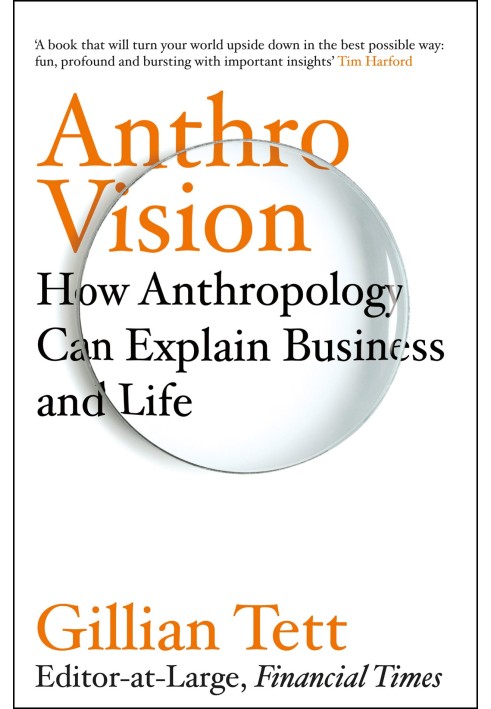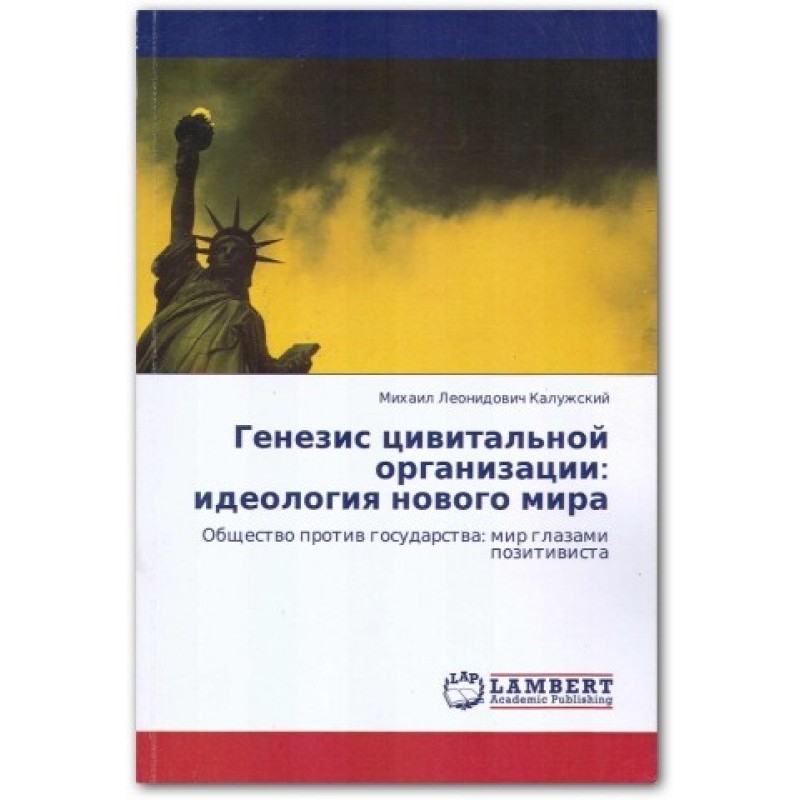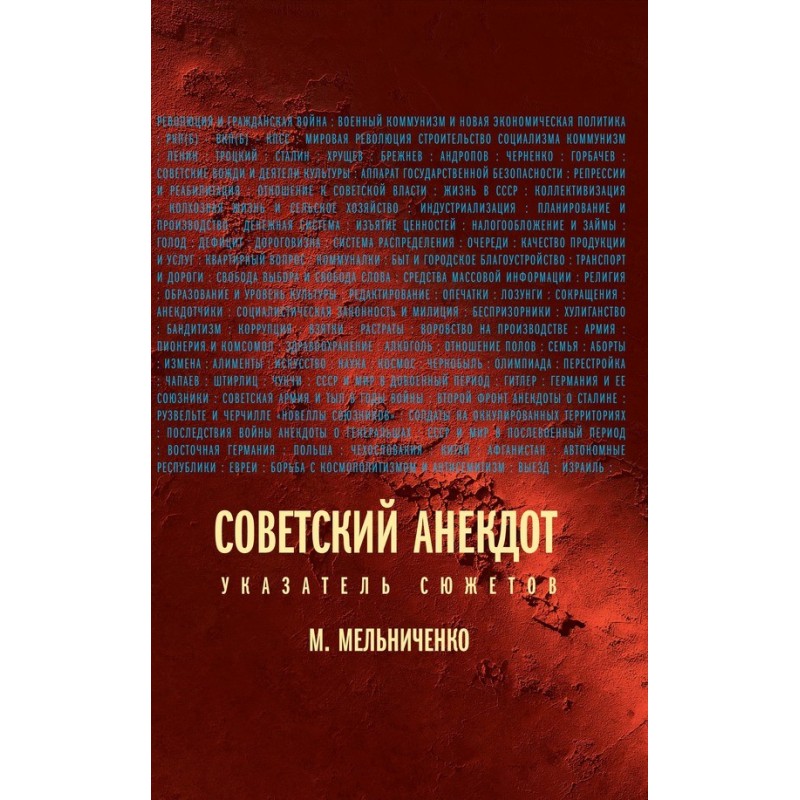Anthropo-vision. How anthropology can explain business and life
 Instant download
Instant download
after payment (24/7)
 Wide range of formats
Wide range of formats
(for all gadgets)
 Full book
Full book
(including for Apple and Android)
Ideas coming from a discipline that many mistakenly believe only studies “exotics” are vital to the modern world. The reason is that anthropology is the intellectual framework that allows you to look around corners, see what is hidden from prying eyes, develop empathy for other people and look at problems in new ways. As we face climate change, pandemics, racism, social media, artificial intelligence, financial turmoil, and political conflict, this foundation is needed more than ever. I know this from my own career: as this book tells, after I left Tajikistan, I worked as a journalist and used my knowledge of anthropology to anticipate and understand the 2008 financial crisis. years, the rise of Donald Trump, the 2020 pandemic, the surge in sustainable investing and the digital economy. But this book also explains why anthropology is (and has been) useful to business executives, investors, politicians, economists, techies, financiers, doctors, lawyers, and accountants (yes, really). These ideas are equally useful whether you're working in an Amazon warehouse or in the Amazon jungle. Why? Many of the tools we use to navigate the world simply don't work as well as they should. In recent years, we have seen economic forecasts go wrong, political polls go wrong, financial models fail, technological innovation prove dangerous, and consumer surveys be misleading. These problems did not arise because these tools are incorrect or useless. This is wrong. The problem is that such tools are incomplete, used without consideration of culture and context, created with a sense of tunnel vision, and built on the assumption that the world can be neatly circumscribed or captured by a single set of parameters. This can work well when the world is so stable that the past is a good guide for the future. But this is not the case when we live in a world of fluidity, or as Western military experts say, “VUCA,” which stands for “Variability, Uncertainty, Complexity and Ambiguity.” Not when we are faced with “black swans” (in the words of Nassim Nicholas Taleb), “radical uncertainty” (in the words of economists Mervyn King and John Kay) and “uncharted” futures (in the words of Or, to put it another way, trying to navigate the 21st century world using only 20th century tools, such as hard economic models, is like walking through a dark forest at night with a compass, looking only at the dial. Your compass may be technically advanced and tell you where to aim. But if you only look at the dial, you might run into a tree. Tunnel vision is deadly. We need peripheral vision. This is what anthropology can provide: anthro-vision. This book offers rich ideas about how to gain anthro-vision, using personal and third-party stories that explore questions such as: Why do we need offices? Why do investors misjudge risks? What is important for the modern consumer? What should economists learn from Cambridge Analytica? What is driving green finance? How should governments build better? How does culture interact with computers? However, before diving into the details, it is necessary to understand three basic principles of anthropological thinking, which are the most important and determine the structure of this book.
Data sheet
- Name of the Author
- Джиллиан Тетт
- Language
- Russian
- Translator
- Книжный импорт Т/К













